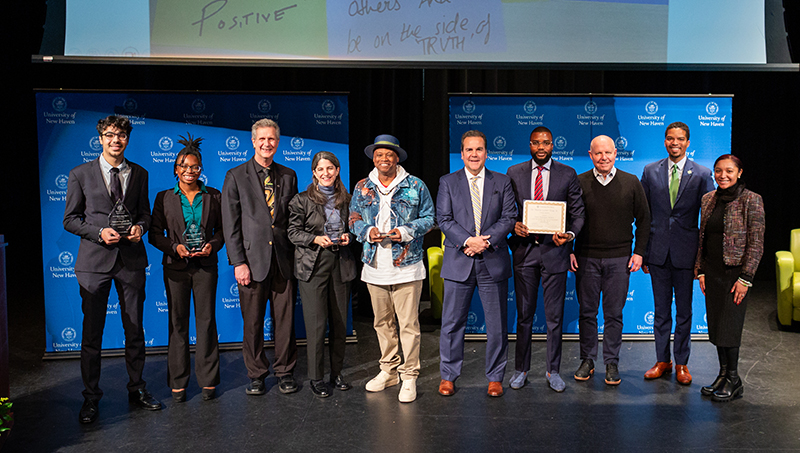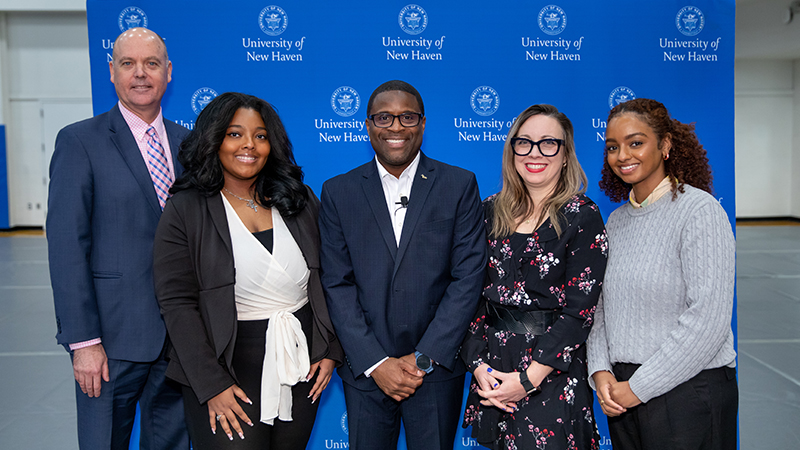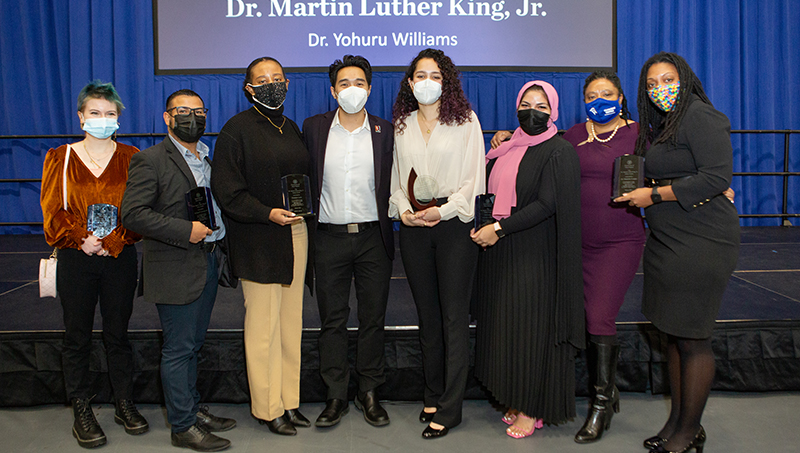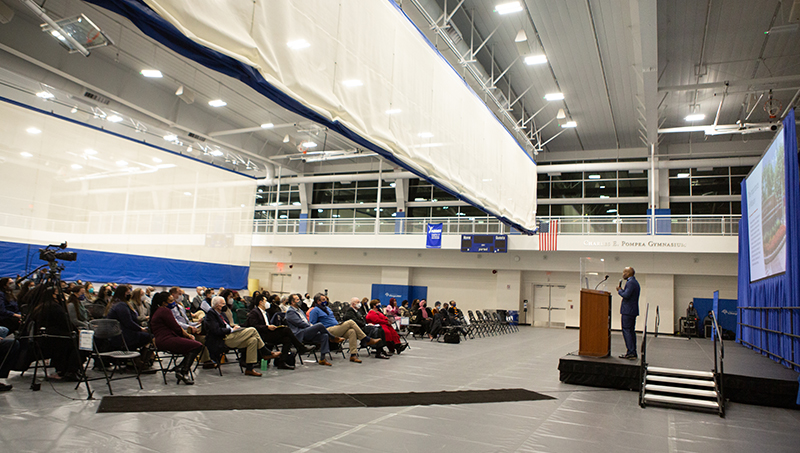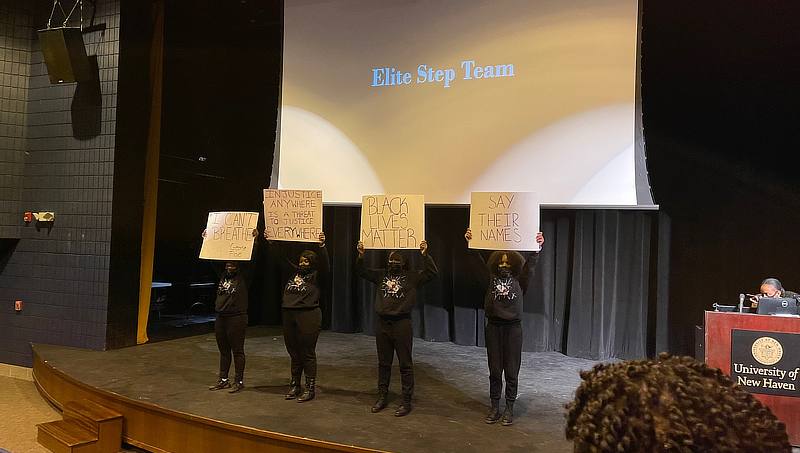Dr. Martin Luther King Jr. is a towering figure in the history of social justice, civil rights, and advocacy for equality. Central to his legacy is his unwavering belief in the power of service as a means to create lasting change. Dr. King’s philosophy of service was rooted in the principles of love, compassion, and uplifting the community, which he believed could dismantle systemic injustice and bring people together to forge a better world. His life’s work exemplifies how service, when driven by a moral commitment to others, can become a transformative force that transcends generations.
For Dr. King, service was not merely an act of charity but a moral obligation. In his famous sermon “The Drum Major Instinct,” he stated, “Everybody can be great, because everybody can serve.” These words capture the essence of his belief that greatness lies not in power, wealth, or status, but in the selfless acts we perform to lift others. He encouraged people to take action, no matter how small, in their communities and beyond, because he understood that collective service could create a ripple effect of change. Whether it was organizing marches, leading voter registration drives, or fighting for economic justice, Dr. King’s work was grounded in a servant-leadership model that inspired millions to act for the greater good.
The Civil Rights Movement itself was a testament to the power of service. Dr. King’s leadership galvanized countless individuals—both Black and white—to participate in sit-ins, boycotts, and peaceful protests, often at great personal risk. These acts of service, rooted in nonviolence and love, demonstrated how ordinary citizens could rise up and challenge entrenched systems of oppression. These collective efforts were central to achieving legislative victories such as the Civil Rights Act of 1964 and the Voting Rights Act of 1965 and helped to reshape the moral conscience of a nation.
Dr. King’s commitment to service extended beyond racial justice to economic equality and global peace. In his final years, he launched the Poor People’s Campaign, advocating for better wages, housing, and access to education for the impoverished. He recognized that service must address the structural inequalities that perpetuate poverty and disenfranchisement. Dr. King’s work reminds us that service is not just about alleviating immediate suffering but about dismantling the root causes of injustice.
The theme of the “Power of Service” is particularly relevant today as communities continue to grapple with inequality, racism, and divisiveness. Dr. King’s legacy teaches us that service has the power to unite and heal, even in the face of seemingly insurmountable challenges. It is through serving others that we create stronger, more compassionate communities that exemplify the humanity we all share. As we celebrate Dr. King’s life, we are reminded that his call to service is not confined to a single day or moment—it is a lifelong commitment to making the world a better place for all.
